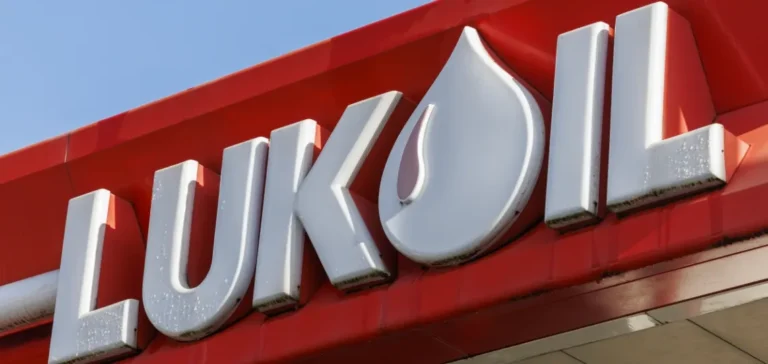Gunvor Group Ltd Chief Executive Officer Torbjörn Törnqvist stated that the Swiss group will not resell the assets purchased from Russian oil company Lukoil PJSC, even if US sanctions are lifted. The announcement comes as Gunvor enters advanced discussions with regulators over the acquisition of several foreign assets held by Lukoil, which has recently come under restrictive measures.
Gunvor confirmed that a deal had been reached with Lukoil for the takeover of its non-Russian operations. Lukoil, Russia’s second-largest oil producer, is divesting its international holdings in response to US-imposed sanctions. These measures aim to curb the influence of Russian firms in global energy markets.
A complete disengagement from Russian influence
Törnqvist described the deal as a “clean break” from Russia and clarified that none of the purchased assets would return under Russian control, regardless of any changes in sanction regimes. However, he indicated that Gunvor may resell parts of these assets to other market participants, provided transactions comply with Western regulations.
Gunvor, historically tied to Russian energy, is seeking to demonstrate its capacity to operate independently. The group has begun consultations with regulatory authorities in relevant jurisdictions to ensure the transaction complies with sanctions and legal requirements.
Increased pressure on intermediary companies
In October, the United States imposed enhanced sanctions on Rosneft PJSC and Lukoil PJSC, marking a shift in policy since the beginning of the Ukraine conflict in 2022. These measures have forced Lukoil to exit its strategic international holdings, particularly in Europe.
One of the most notable assets involved is the ISAB refinery in Sicily, a key facility for Italy’s oil supply. The plant is likely among the assets included in the deal with Gunvor, though details have not been confirmed.
A regulatory alignment strategy
Completion of the transaction will depend on approval from market supervisory bodies and European governments, which are concerned about the continued presence of Russian influence in the strategic energy sector. Gunvor has emphasised its commitment to transparency and cooperation with authorities to dispel any doubts regarding the origin and future management of the acquired assets.
“The message is clear: this is not about paving the way for a return to Russia,” said Törnqvist, indicating that Gunvor will follow a strict compliance strategy aligned with Western regulatory standards.






















